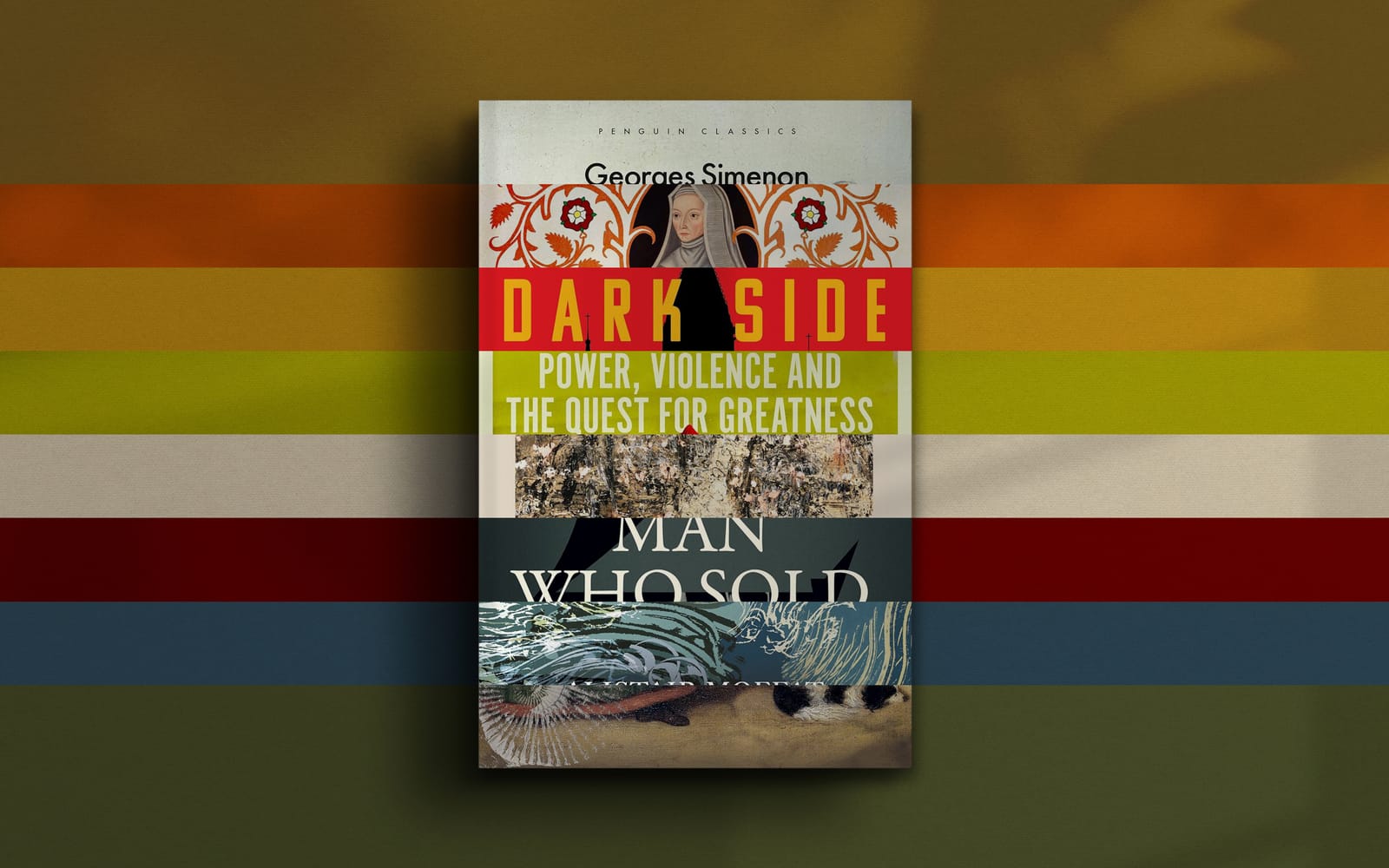New History Books for November 2024
From South America to Castile, Handel to Wallis Simpson
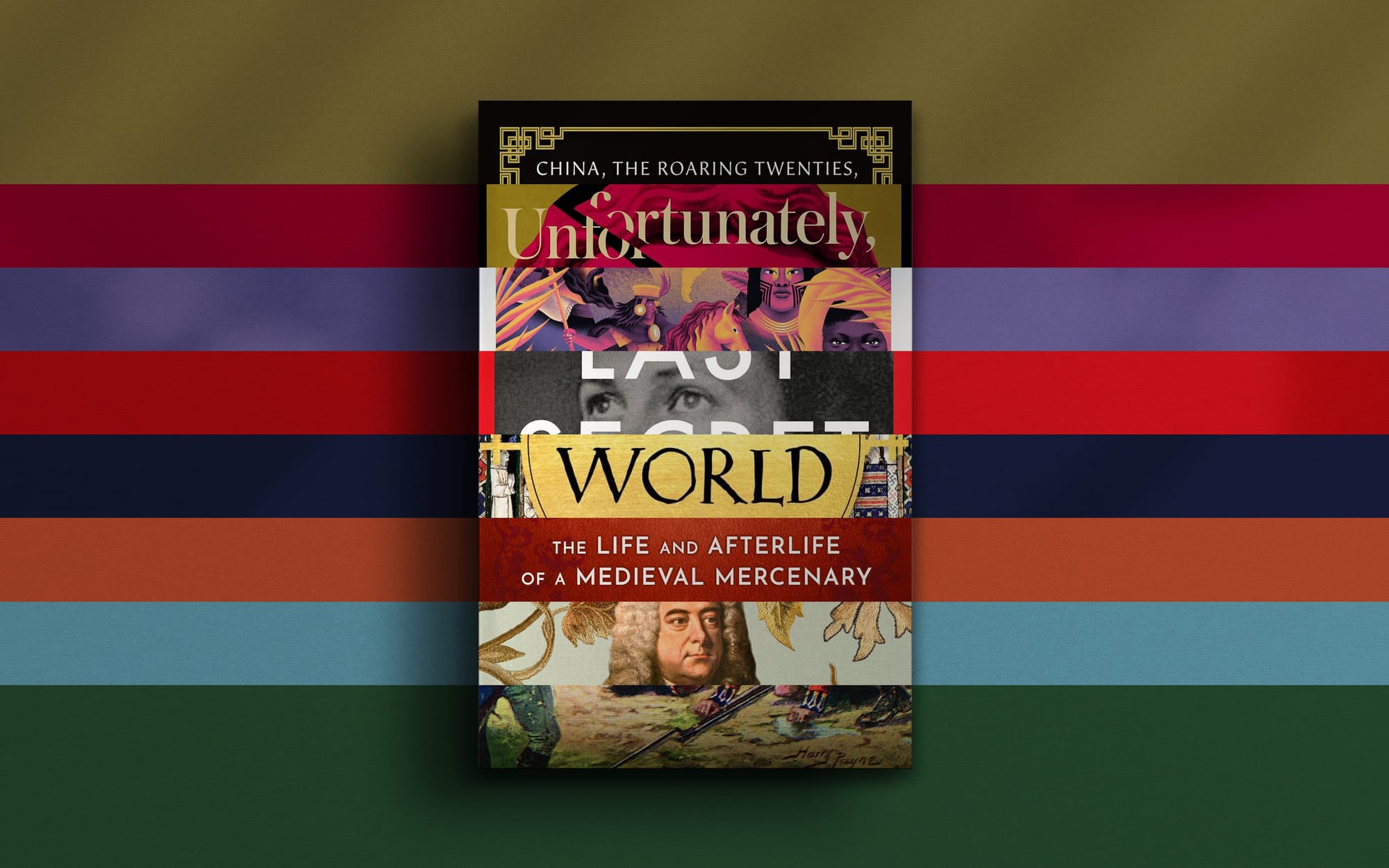

Here is a selection of anticipated new history books that will be released over the month ahead.

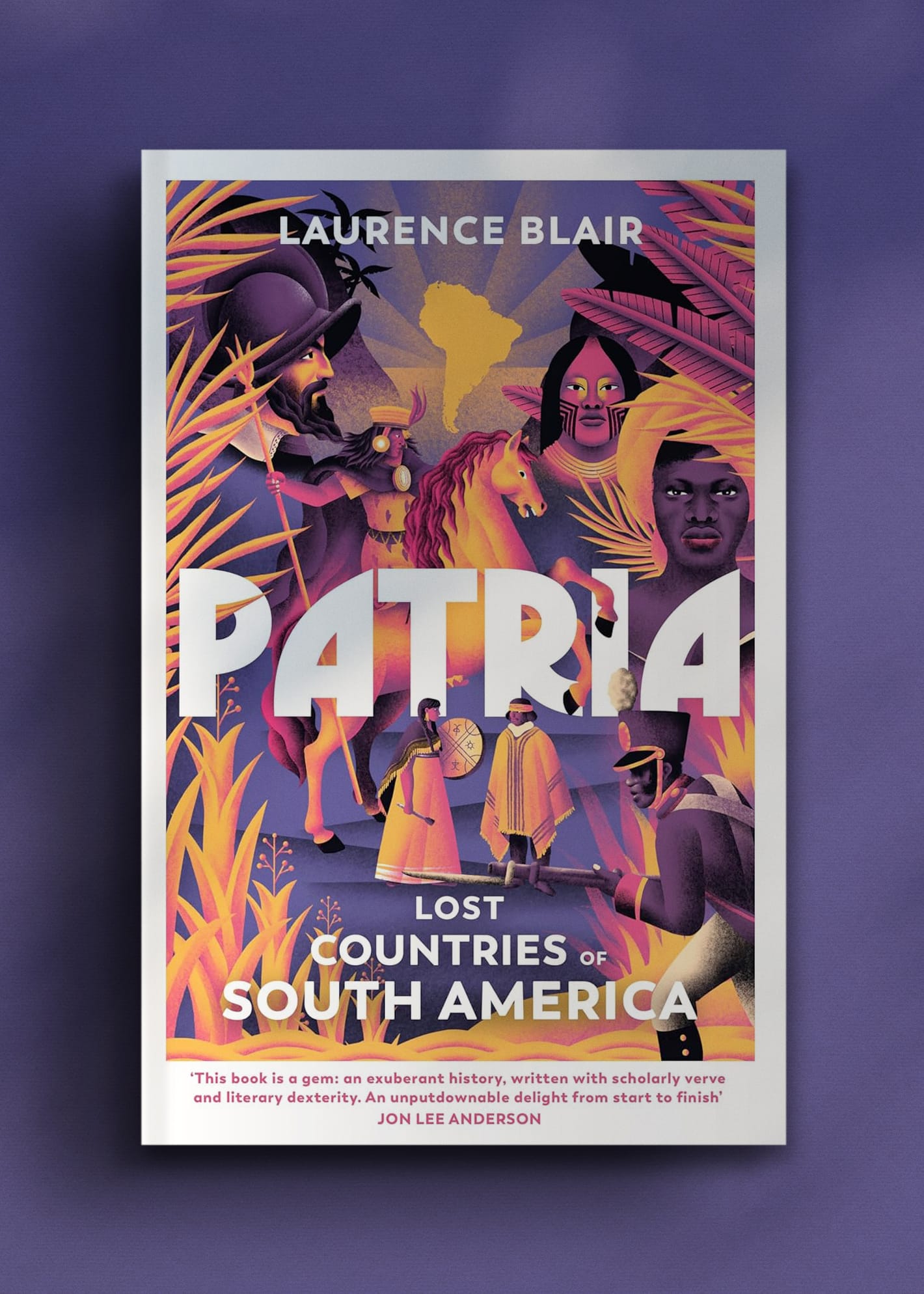
Patria: Lost Countries of South America by Laurence Blair
Bodley Head, 7 November 2024
How little we know of South America, Laurence Blair points out in the opening pages of this sparkling new book. Some are aware that an ancient people called the Incas lived in those lands at roughly the same time that the Tudors were on the throne in England. Then there is a dim awareness of the period of Spanish and Portuguese conquest, but otherwise, we are left with a 'strange, continent-sized gap in our memory'.
Having identified this lacuna, Blair gambols off into his brisk, rich and revealing narrative. His focus, in specific, is the 'lost countries' of the continent, those places that were 'dreamed up, dismembered, or disappeared altogether'. Braiding strands of memoir with others of narrative history and journalistic reportage, Patria has a mood that is really quite compelling. For those of you looking for a fresh and immersive read as the nights grow longer, Blair's portrait of this 'lost continent' will make a fine choice indeed.
Patria: Lost Countries of South America with Laurence Blair
South Americans are looking at their continent's history afresh, explains Laurence Blair


Every Valley by Charles King
Bodley Head, 7 November 2024
There was a time, not so very long ago, when non-fiction writing was considered to be the starchy, heavier sibling to the novel. This view has changed over the past generation as a new wave of writers have played with literary devices to creative, playful, innovative and insightful new books.
Charles King's Every Valley is one such work. At its heart is George Frideric Handel's Messiah, a piece of music 'of anguish and promise, of profound worry and resounding joy, all expressed in ingenious, irresistible melodies.' Sketched out in wartime London in 1741, it premiered in Dublin the following spring and people have never stopped playing it since.
But what of its creation? What of its deeper meaning? What of Handel himself? King sweeps us off—into the early buccaneering days of Georgian Britain—in search of answers to questions like these. In doing so, as we watch Handel bobbing down the Thames beside the royal barge, working on his compositions, we see history in its most profoundly human form.


El Cid by Nora Berend
Sceptre, 7 November 2024
'The story of el Cid', argues Nora Berend in this incisive new biography, 'is worthy of the pen of Tolkien, the stuff of legend and of men larger than life'. No one can quarrel with that. In the years before his death in 1099, the Castilian knight was a formidable presence who managed to wrest control of the lands around Valencia at a time when there was a messy battleground between various competing powers — both Muslim and Christian.
The historical distance, the air of mystery and the lure of the luscious chivalric age have drawn many to El Cid's story. Most obsessive of all was perhaps Ramón Menéndez Pidal, the twentieth century historian who worked on the subject for decades.
Berend's book brings a fresh perspective. She notes 'the quiet irony' that she is a woman writing 'the account of the medieval superman' who lived in an age when women were largely absent from history. This gives the book a sense of poise and perspective. Myth is as central a part of El Cid's story as an established fact is. Berend is adept at separating the two. Like King Arthur or Robin Hood in England, El Cid has come to represent something very powerful in Spain. It is this, as much as the man himself, that Berend pursues.


The Last Secret Agent by Pippa Latour
Monoray, 7 November 2024
'The twenty-first century is full of people who are full of themselves', the author Sarah Bakewell once memorably pointed out. Among the din of social media, it seems hardly possible that great stories can lie silent within people for years on end. And yet, The Last Secret Agent reminds us that—particularly in the wartime generation—this does frequently happen.
Until her death at the age of 102 last year, Phyllis 'Pippa' Latour lived quietly and independently at her home in west Auckland, New Zealand. For many decades she had not spoken about her period of service during the Second World War. She considered this 'nobody's business'. Neither her husband nor any of her children were aware that she had played a crucial role as a spy behind enemy lines in the run-up to D-Day.
Latour was the last survivor of 430 agents in the French section and in this gripping book, The Last Secret Agent, her experiences are finally laid bare. Active before D-Day, Latour slept in forests and foraged for food. She narrowly survived a brush with the Gestapo. The intelligence that she gathered was said to be 'vital' and you now can read about her 'extraordinary story', written shortly before her death, in her own words.


Unfortunately, She Was a Nymphomaniac by Joan Smith
William Collins, 7 November 2024
One theme to emerge in history writing in 2024 concerns the malicious portrayal of women in ancient times. Earlier in the year Daisy Dunn's The Missing Thread sought to give prominence to women who have been marginalised in Classics. This book by Joan Smith goes further. It shows not only how women have been overlooked, but how they have been cruelly treated in death just as they were in life.
'Unfortunately, she was a nymphomaniac' is a line Smith heard while on a tour of Rome’s Palazzo Massimo a few years ago. It gave Smith the title of this book, which re-examines the stories of 23 of 'Rome's Imperial Women'. In popular retellings these women have been cast as crazed, hyper-sexed, scheming and mendacious; but as Smith argues in this provoking read, there is a completely different way of looking at it.

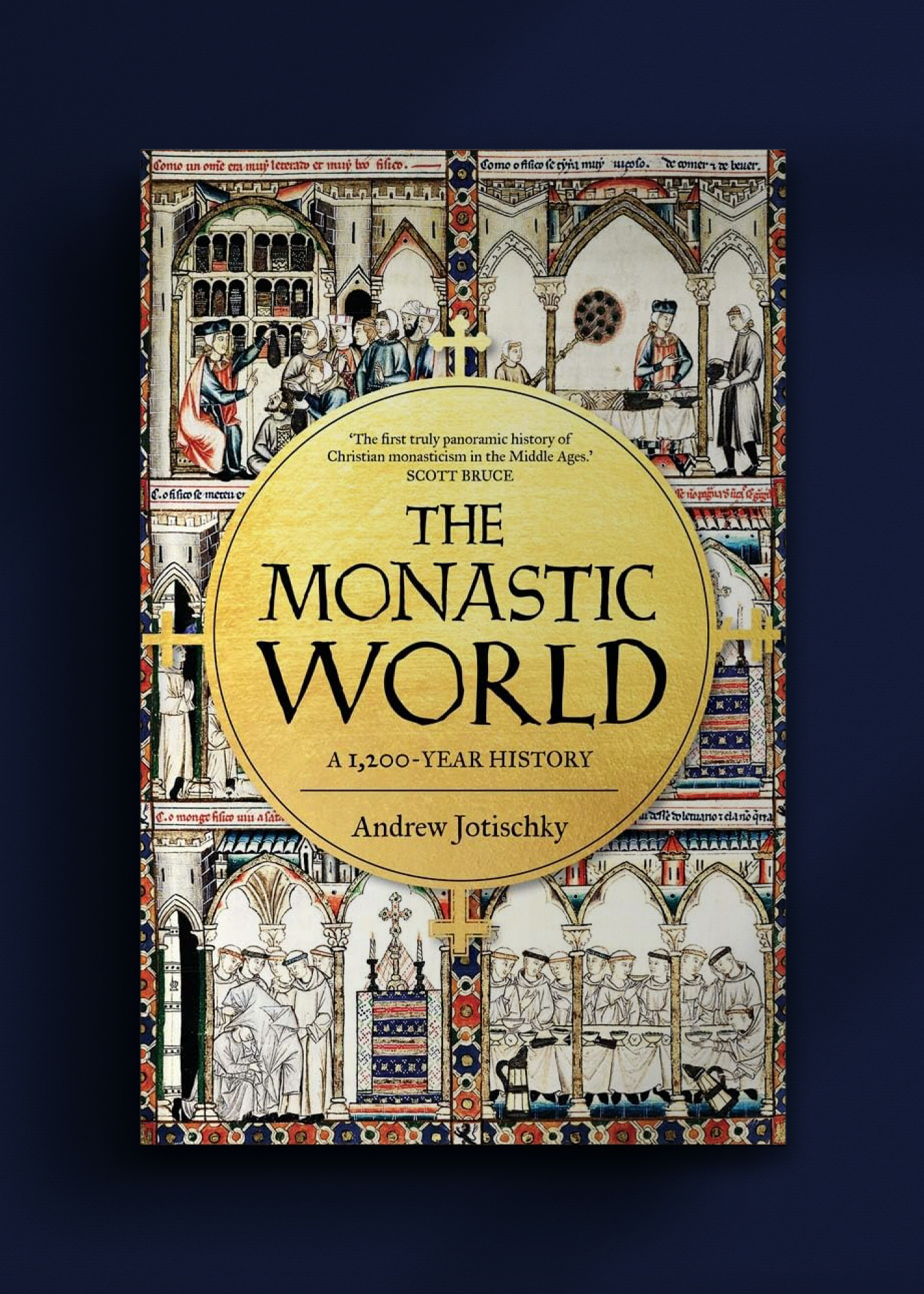
The Monastic World: A 1,200-Year History by Andrew Jotischky
Yale University Press, 12 November 2024
Towards the end of his life, the poet John Keats wrote to his friend Percy Bysshe Shelley, 'My imagination is a monastery and I am its monk'. It is a quote that conveys a sense of space, possibility and wonder. Monasteries, after all, formed a part of intellectual life for more than a millennium. They were sites of thoughtfulness and magic about which monks roamed for years on end. Very little that is tangible is left of them today, and the rich monastic culture is all gone.
Evoking and explaining this world is the purpose of Andrew Jotischky's elegant and panoramic The Monastic World. Ranging across time and place, it shows how central a place these buildings had in a community. They were not merely houses of God, but they were proto-hospitals, schools and care homes. As repositories of knowledge, they played a vital role in the preservation of ideas and without them, the intellectual movement instigated by Petrarch and Boccaccio would, almost certainly, not have happened at all.

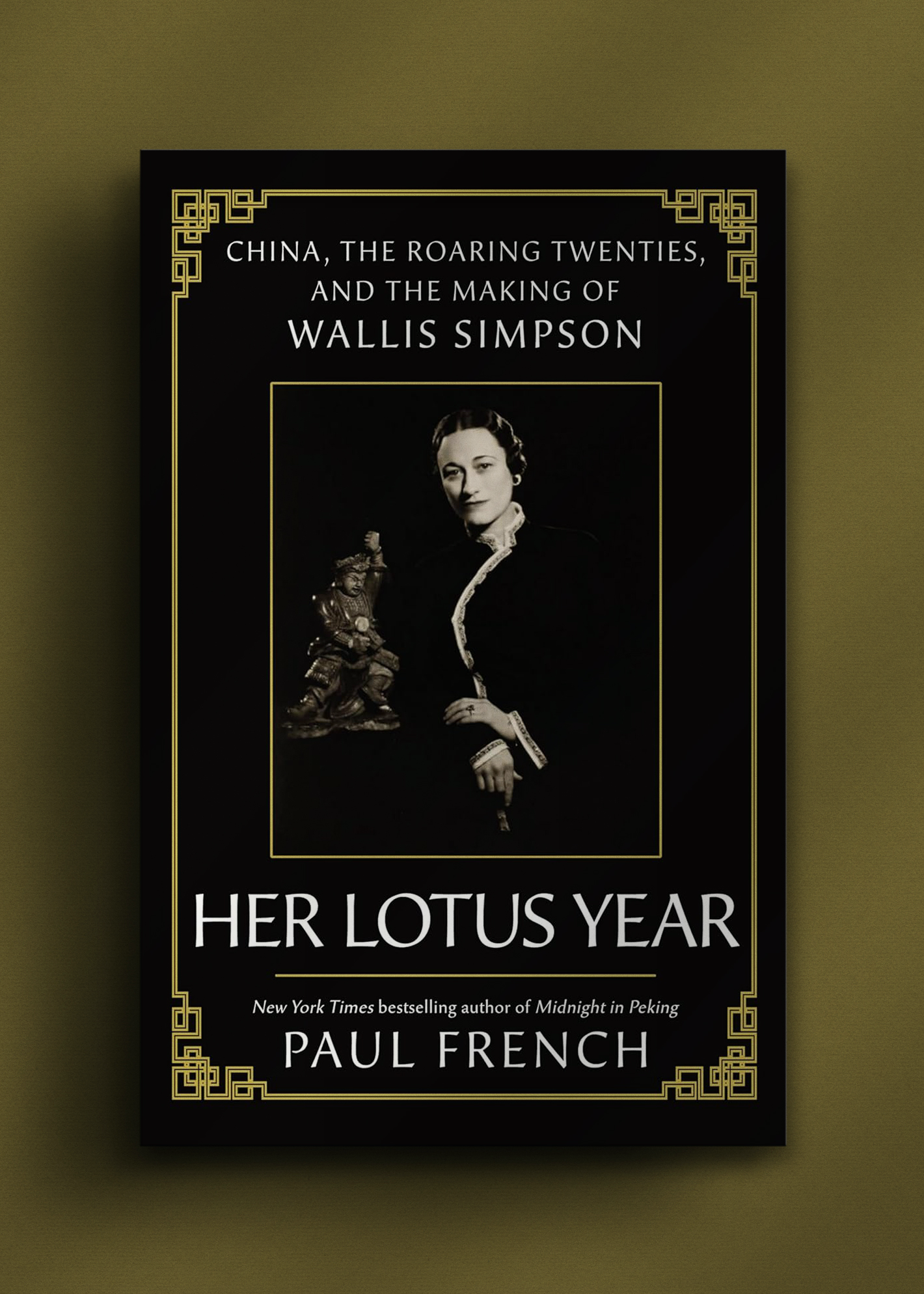
Her Lotus Year: China, the Roaring Twenties, and the Making of Wallis Simpson by Paul French
Elliott & Thompson, 14 November 2024
There can be few historical divisions as sharp as that which separate the China of today from the China of 1924. A century ago China was mired in conflict as warlords and communists tussled for power after the 1911 Revolution. Still predominantly an agrarian country, with a rich and magnificent past, it had an exotic charm for Western tourists — one of which was a Baltimore girl of twenty-eight years called Wallis Simpson.
Simpson, a lady whose relationship with King Edward VIII would upend British politics in the decade that followed, is vividly portrayed here in what she called 'her lotus year'. This approach, of presenting a formative and overlooked moment in the young socialite's life, is an enticing one. The author Paul French, known for his bestselling Midnight in Peking, is an excellent guide to this time and place.


A Scot at War with Wellington by Gareth Glover
Pen & Sword Books, 30 November 2024
Lovers of history know that there is a special pleasure to be had in encountering the past first-hand. As with Pippa Latour's book (above), there is an emotional intensity to the first-person view. Without having to pass through the filter of later interpretations, the past lies there bare before you.
In A Scot at War, this is strongly the case. This publication rises out of the discovery of three handwritten journals in the archives of the National Library of Scotland. Written by a young soldier of the 42nd Regiment of Foot (known as the Black Watch) they cover the tumultuous opening years of the nineteenth century, when the Napoleonic Wars saw Britain and the French Republic engaged in a fight to the death.
Written by James Stirling, who would die at the age of just twenty-five, they follow the flow of the Peninsular War through contests at Walcheren, Salamanca, Burgos, Orthez and Toulouse. The text is enlivened with notes by the military historian Gareth Glover.

This month's Previews were by Peter Moore.
📸 Dive into our Features
🎤 Read Interviews
🎧 Listen to Podcasts
🖼️ Buy fine art prints & more at our Store


